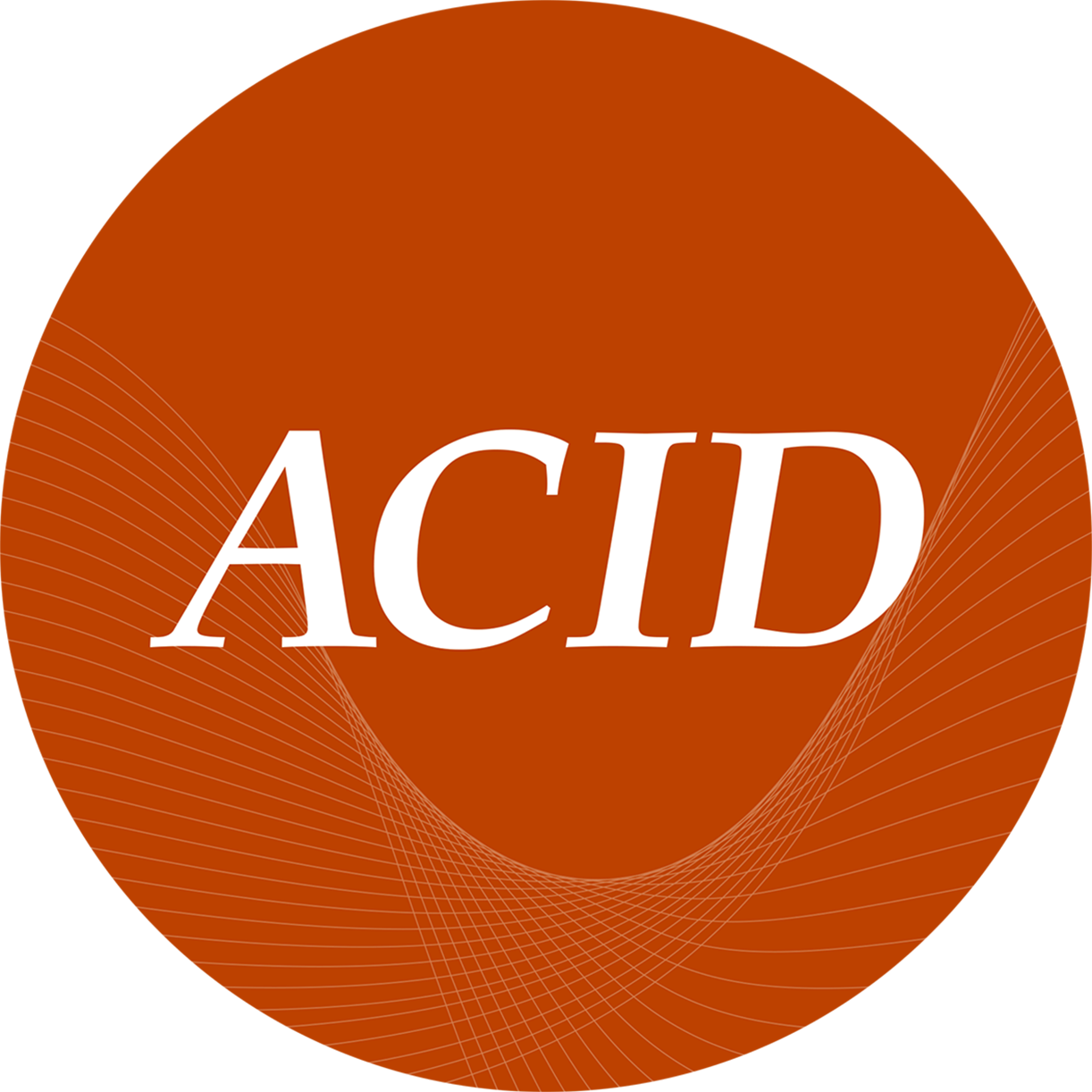Dr. Chunying Li is an Associate Professor at the Center of Molecular and Translational Medicine and the Institute of Biomedical Sciences at Georgia State University in Atlanta, Georgia, United States. Dr. Li received his PhD in Physiology in 2005 at the University of Tennessee Health Science Center. Previously, he was an Assistant Professor and later Associate Professor at Department of Biochemistry & Molecular Biology and Department of Oncology at Barbara Ann Karmanos Cancer Institute at Wayne State University School of Medicine during 2008-2016. Dr. Li has served at editorial boards for multiple scientific journals such as Frontiers in Cell and Developmental Biology, World Journal of Gastrointestinal Oncology, and as Guest Editor for Current Drug Targets. He also serves as peer review committee member for many organizations such as American Heart Association, Academy of Cardiovascular Research Excellence, etc. He has chaired meeting sessions including the 3rd Annual World Congress of Molecular & Cell Biology (2013) and The 1st Annual World Congress of Digestive Diseases (2015). Dr. Li’s research has been well funded by grants from a variety of funding agencies such as National Institute of Health, American Heart Association, Elsa U Pardee Foundation, American Cancer Society, etc. Dr. Li has published highly-referred manuscripts in top-tier journals such as Cell, Journal of Experimental Medicine, PNAS, Journal of Biological Chemistry, Cancer Letters, Translational Oncology, PLoS ONE, Stem Cell Research, Oncotarget, Digestive Diseases and Sciences, etc. Dr. Li lab examines the molecular mechanisms that govern vascular functions and gastrointestinal homeostasis. Specifically, their work focuses on the regulatory roles of a family of histone lysine methyltransferases (SMYD proteins) in vascular biology and gastrointestinal physiology. Ongoing efforts in the lab aim at gaining in-depth insights into the functional roles of SMYD proteins in transcriptional and post-translational regulation of cellular and organismal homeostasis, in particular, in vascular diseases such as restenosis, atherosclerosis, and aortic aneurysms, and also in gut diseases such as inflammatory bowel diseases and colitis-associated colon cancer.









